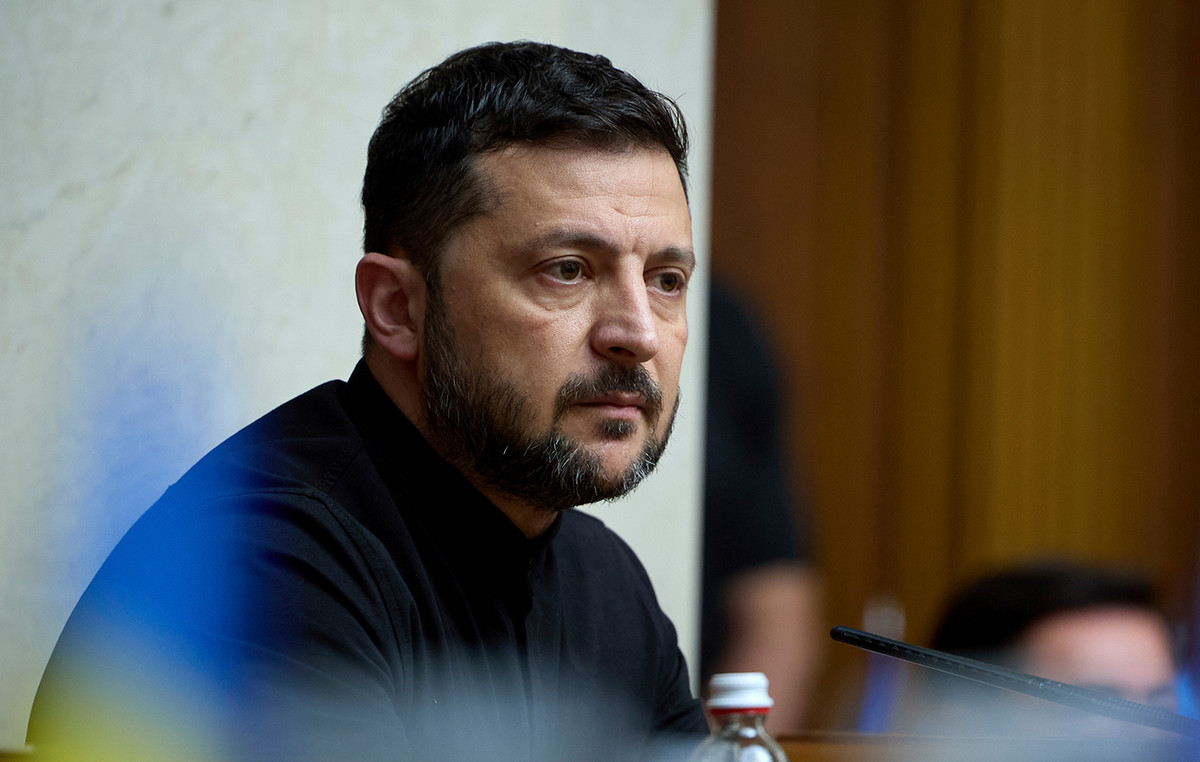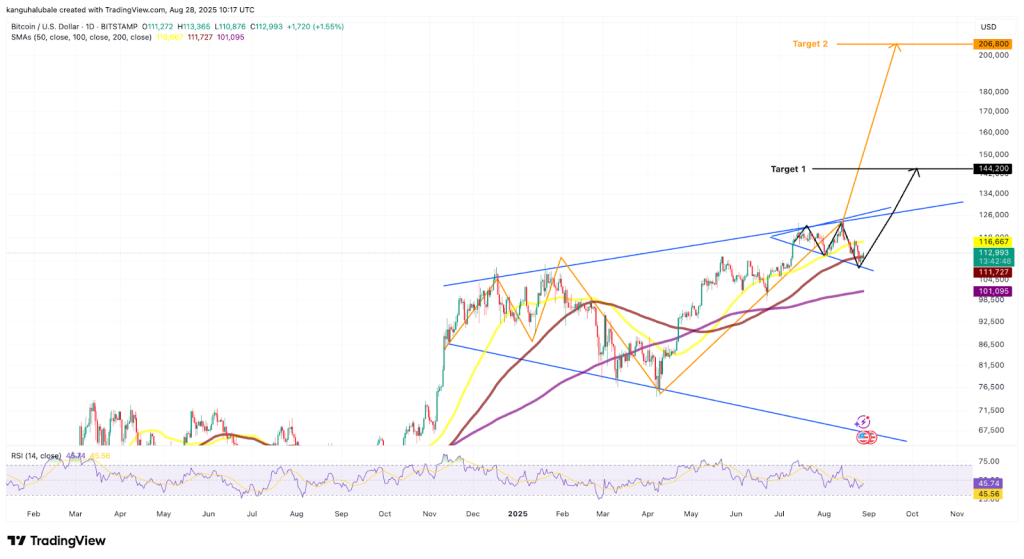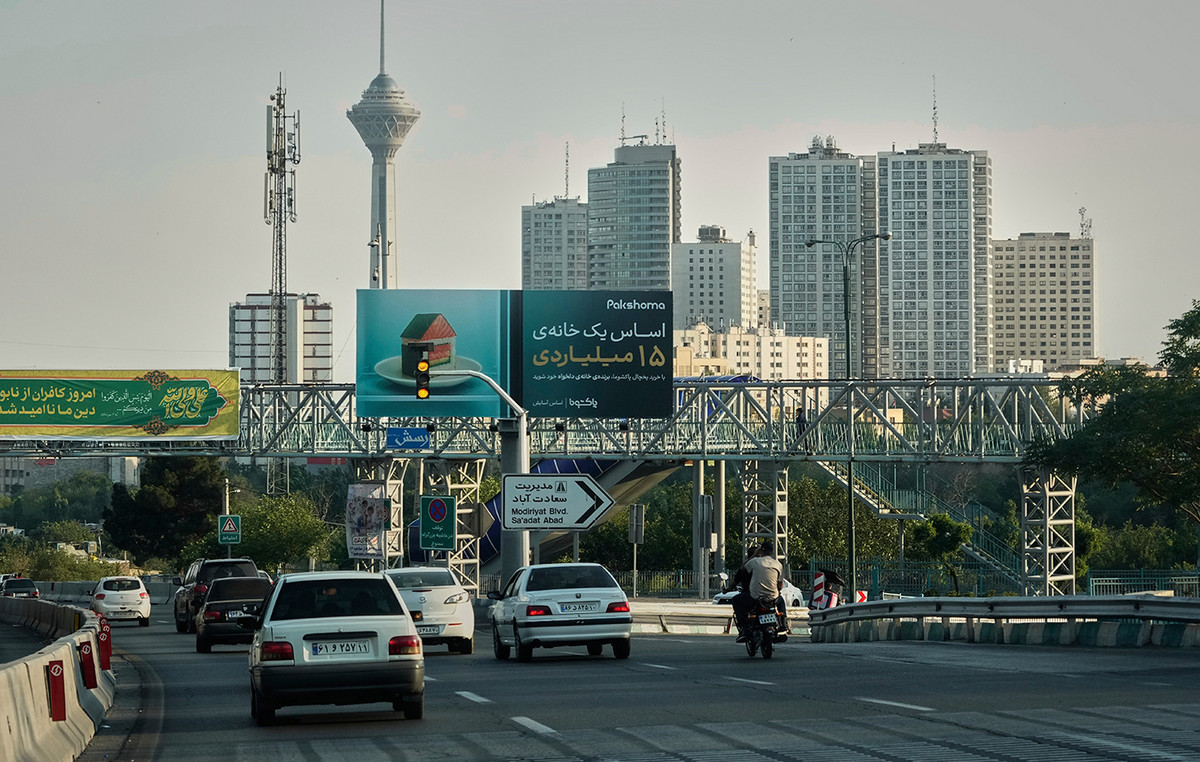“Motherhood is perhaps the most important transition in a woman’s life. From one day to the next, we have a child who depends on us. This is overwhelming. Life changes, in all its dimensions. The physical part of our body. The emotional part and the couple’s relationship. The logistical part of our routines. We have to adapt to all these changes.”
The therapist Constança Cordeiro Ferreira, founder of Centro do Bebé, has no doubts that “postpartum is a very complex, a vital crisis”, therefore, “the more we are prepared for all these challenges, the better”.
“In general, not much is said about it. There is a lot of information about pregnancy and a great focus on caring for the baby, but there is not always attention to the woman and her needs in this very complicated stage, which is in fact a very difficult period with many adaptations”, agrees the woman. psychologist Katia Almeida.
During pregnancy, “it is normal to build the ideal baby, the ideal motherhood, the ideal family, and it is positive that this happens. It’s good to have an ideal. But you have to leave space for life to happen”, warns Constança. And it is important to know that this ideal may not come to fruition.
Recently, actress and influencer Catarina Gouveia was heavily criticized for having posted on Instagram a photograph taken the day after the birth of her daughter, in which everything seems perfect. The mother’s hair, skin, body are wonderful, the room immaculately clean and tidy.
Constança does not criticize the actress for taking this photograph. “There are also people who like to put a special outfit on the baby when it is born to take a picture”, even if soon after the baby gets all dirty and doesn’t stay like that for a few minutes.
The problem is not the photographs we take, which are always enhanced views of reality. The important thing is that these are not taken as ideals.
“One of the risks of social networks is that we replace our personal construction with someone else’s construction and, even worse, which may not even be reality, it is simply what other people decide to show”, he stresses. “As I say, they photograph the pancakes, but who photographs the dirty dishes?”.
“Some women can see this and feel bad, ask if they should be like this, what did they do wrong. There is no reason to do so. Good thing there are people who are wonderful after giving birth. But for most people this is not the reality and that’s okay”, says the therapist.
To avoid this kind of guilt feelings, it is essential to have information. “The postpartum period is very difficult. There are pains, bleeding, milk, adaptation to breastfeeding. And, in addition to all this, there is the adaptation to a baby, the whole family has to change their routines, their schedules. There are new concerns, new tasks. The first month is a month of adaptation”, warns Kátia Almeida.
“The most important thing is that the postpartum period begins to be prepared even during pregnancy”, he explains. “After birth, it is normal for a woman to be busy with so much that she becomes disoriented and cannot make rational decisions.” So the first piece of advice to expectant mothers is to inform yourself about what’s coming next and prepare.
“Many people continue to have the idea that having a child is like having a toaster that turns on and off and can be programmed”, jokes Constança. “But it’s much more complicated. and that is why many of the childbirth preparation courses are also preparation courses for parenting, where subjects such as baby care, the mother’s physical recovery and all other aspects related to this phase are discussed. of life. From house organization to predictable marital arguments”.
Physical and hormonal changes
“Women should be aware that the physical and hormonal changes following childbirth are real, not an invention”, says Kátia Almeida. “The body takes time to recover. No two pregnancies are the same and no two postpartums are the same”;
A woman can have a fantastic postpartum period and, in another postpartum period, have several difficulties. That’s why it’s important to know what the possible effects of having a natural birth or cesarean section are to know what to expect – on internal and external recovery.
Pain and bleeding is normal, it is necessary to realize that there are women who take longer to lose the weight they gained during pregnancy, there are tummies that take longer to go into place. Many women have eczema or acne. “All this affects a woman’s self-esteem, obviously. But there are also things that can be done to minimize these effects”, says Kátia Almeida.
Mood swings are predictable. According to the specialist, these changes pass after seven to ten days after delivery. In addition to the characteristics of each person and hormonal changes, it is necessary to take into account the experience of childbirth itself (and the confrontation between expectations and the reality of childbirth).
All the other difficulties of this period can lead to a state of exhaustion and frustration at not being able to live up to an ideal. “Postpartum depression is more common than you think.” It is necessary to be attentive to understand when the “baby blues” is turning into depression and to ask for help as soon as possible.

“What we do in preparation courses is to give all the information. Telling future parents: this can happen”, explains Constança. “It may not happen that way, but it is normal for these physical and hormonal changes to happen. And these are the warning signs”;
Adjustment of expectations
“Women must adjust expectations in relation to what they will be able to do. The most normal thing is to think that we will be able to do everything. That she will give to rest and to finish a job and to schedule lunches. The best thing to do is forget about everything for at least the first month. Then, if you can, you will”, warns Kátia Almeida.
In this first phase, the priority should be to take care of the baby and rest. “The mother sleeps when the baby sleeps. It doesn’t matter if the laundry is unwashed or the house is untidy. Rest is the absolute priority, also to be available when the baby needs it”.
For this reason, it is important that parents define some strategies right away. Who will cook? Who will do the laundry? Who goes shopping? Who will you need to ask for help? “Planning is essential”, says Constança Cordeiro Ferreira, remembering that parenthood has always been a collective task.
“This idea that parents should do everything themselves is a very recent and Western thing. A mother and father need help. A woman who has gone through a complicated birth, who is physically and emotionally fragile, cannot be expected to be able to take care of the child and the house and everything. There are no superwomen.”
And then you still have to count on the unpredictability of the baby. “We prepare for motherhood like we prepare for a challenge at work. We study, analyze, predict solutions. But the baby did not receive the memo,” says the therapist. “What we do know is that babies are very immature and very different when they are born. And there is nothing we can do.”
pressure on mother
Kátia Almeida recalls that at this stage it is important for the woman to maintain her self-care. “The more you can take care of yourself, the better you will take care of the baby.” “In the beginning, you can only go through hygiene and rest”, warns the psychologist. But it is also important not to neglect food, physical exercise and social relationships.
But, above all, it is important that you recover at your own pace and that you have time and space to adapt to this new phase of life. In addition to all the expectations that mothers have and the pressure they impose on themselves, the psychologist says that another of the great challenges is the social pressure that exists.
“Suddenly, a lot of specialists appear. There is always someone who knows exactly what mothers should do. And the greater a woman’s vulnerability, the more difficult it will be to deal with this pressure, which can feel like an attack.”
So, back to the beginning of the conversation: no feelings of inferiority. “Parenting is a process under construction, a learning process”, he says. A process that is always unfinished, so it’s not worth looking for a perfection that doesn’t exist.
Source: CNN Brasil







